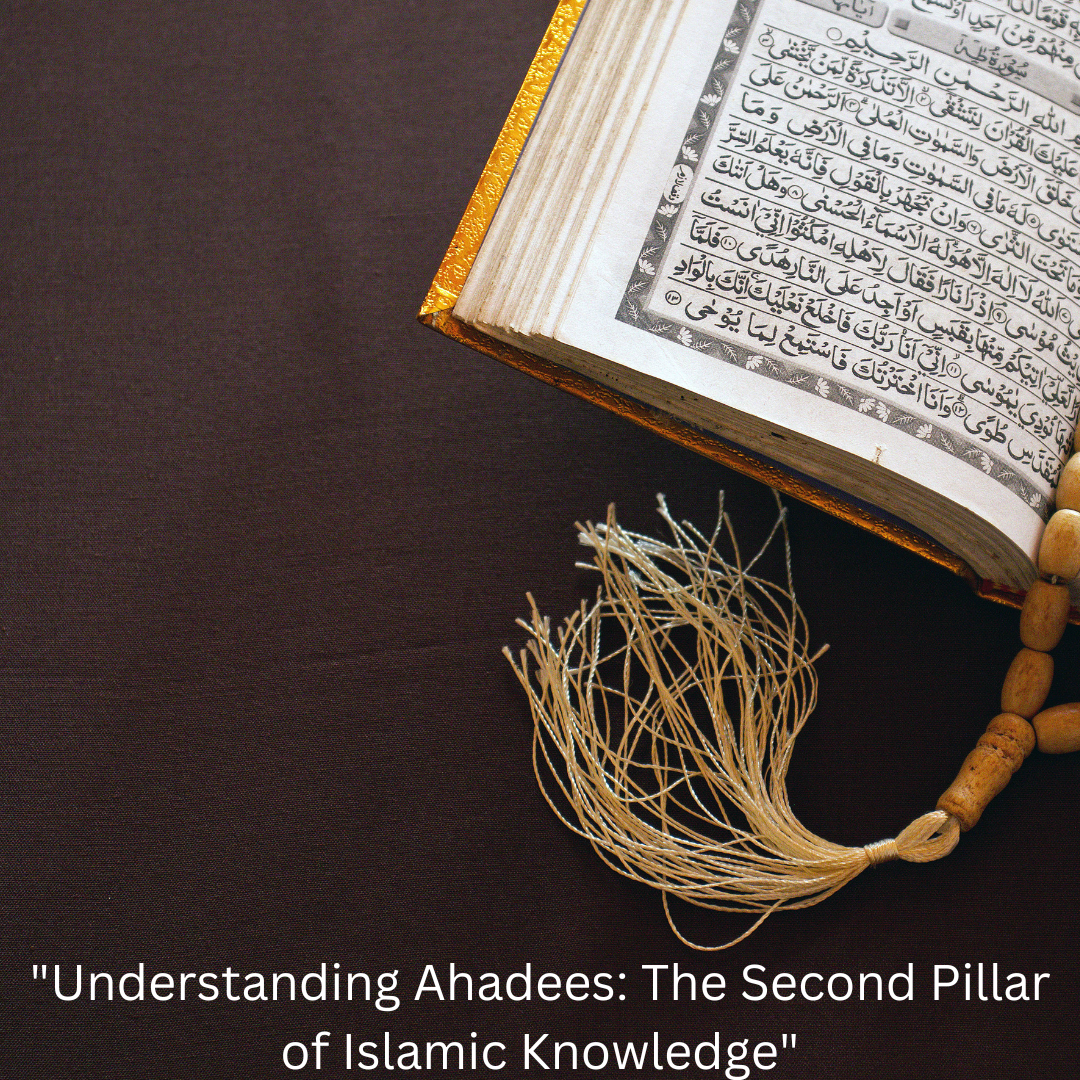Ahadees, or Hadith, represent a crucial component of Islamic knowledge and practice, second only to the Qur’an in terms of religious authority. These collections of sayings, actions, and approvals of the Prophet Muhammad (PBUH) provide guidance on various aspects of life, from religious rituals to personal conduct. Understanding Ahadees is essential for comprehending the full spectrum of Islamic teachings and for implementing these teachings in daily life.
The Significance of Ahadees
Ahadees serve as a vital source of Islamic jurisprudence and theology. While the Qur’an lays down the fundamental principles and laws, Ahadees offer detailed explanations and practical examples of how these principles should be applied. The Prophet Muhammad’s life serves as a living example of the Qur’anic teachings, and his sayings and actions help to clarify ambiguities and expand on the concise verses of the Qur’an.
The Role of Ahadees in Islamic Jurisprudence
Islamic jurisprudence, or Fiqh, heavily relies on Ahadees for the derivation of laws and ethical guidelines. Scholars use a combination of the Qur’an and Ahadees to extract legal rulings. For instance, the Qur’an commands Muslims to pray, but it is through Ahadees that the specifics of how to perform the prayers, the times, and the number of units (rak’ahs) are detailed.
The Compilation of Ahadees
The compilation of Ahadees began shortly after the death of the Prophet Muhammad (PBUH). Early Muslims recognized the importance of preserving his sayings and actions. This process involved meticulous efforts to ensure authenticity and accuracy. Renowned scholars traveled extensively to collect Ahadees, often cross-referencing multiple sources to verify a single Hadith.
Major Collections of Ahadees
The most significant collections of Ahadees include Sahih Bukhari, Sahih Muslim, Sunan Abu Dawood, Sunan al-Tirmidhi, Sunan al-Nasa’i, and Sunan Ibn Majah. Sahih Bukhari and Sahih Muslim are considered the most authentic collections, known as the “Sahihain.” These collections are revered for their rigorous methodology in authenticating Ahadees.
The Methodology of Authentication
The science of Hadith authentication is known as “Ilm al-Hadith.” Scholars developed a sophisticated system to assess the reliability of Ahadees. This system includes evaluating the chain of narrators (Isnad) and the content of the Hadith (Matn). A Hadith is considered authentic (Sahih) if it meets stringent criteria, including an unbroken chain of trustworthy narrators and consistency with other established Ahadees and the Qur’an.
Categories of Ahadees
Ahadees are classified into several categories based on their authenticity:
- Sahih (Authentic): Meets all criteria for authenticity.
- Hasan (Good): Slightly weaker than Sahih but still reliable.
- Da’if (Weak): Contains some deficiency in the chain of narrators or the text.
- Mawdu’ (Fabricated): Proven to be falsely attributed to the Prophet Muhammad (PBUH).
Practical Application of Ahadees
Ahadees provide practical guidance for Muslims in various aspects of life. They cover topics such as worship, morality, social justice, and personal conduct. For example, Ahadees emphasize the importance of honesty, kindness, and community support. They also offer specific instructions on how to perform religious rituals, such as prayer and fasting, and how to conduct oneself in social interactions.
Ahadees in Daily Life
Muslims incorporate the teachings of Ahadees into their daily lives by following the Prophet Muhammad’s example. This includes emulating his manners, compassion, and dedication to worship. Ahadees also play a role in resolving contemporary issues by providing timeless principles that can be applied to modern contexts.
Conclusion
Understanding Ahadees is indispensable for a comprehensive grasp of Islamic teachings. They complement the Qur’an by providing detailed explanations and practical examples, making them essential for both personal development and the formulation of Islamic law. Through the rigorous efforts of early scholars, the authenticity of Ahadees has been preserved, ensuring that Muslims today have access to reliable guidance from the Prophet Muhammad (PBUH). By studying and applying Ahadees, Muslims can strive to live in accordance with the profound wisdom and example set by the Prophet Muhammad (PBUH), thereby enriching their spiritual and everyday lives



